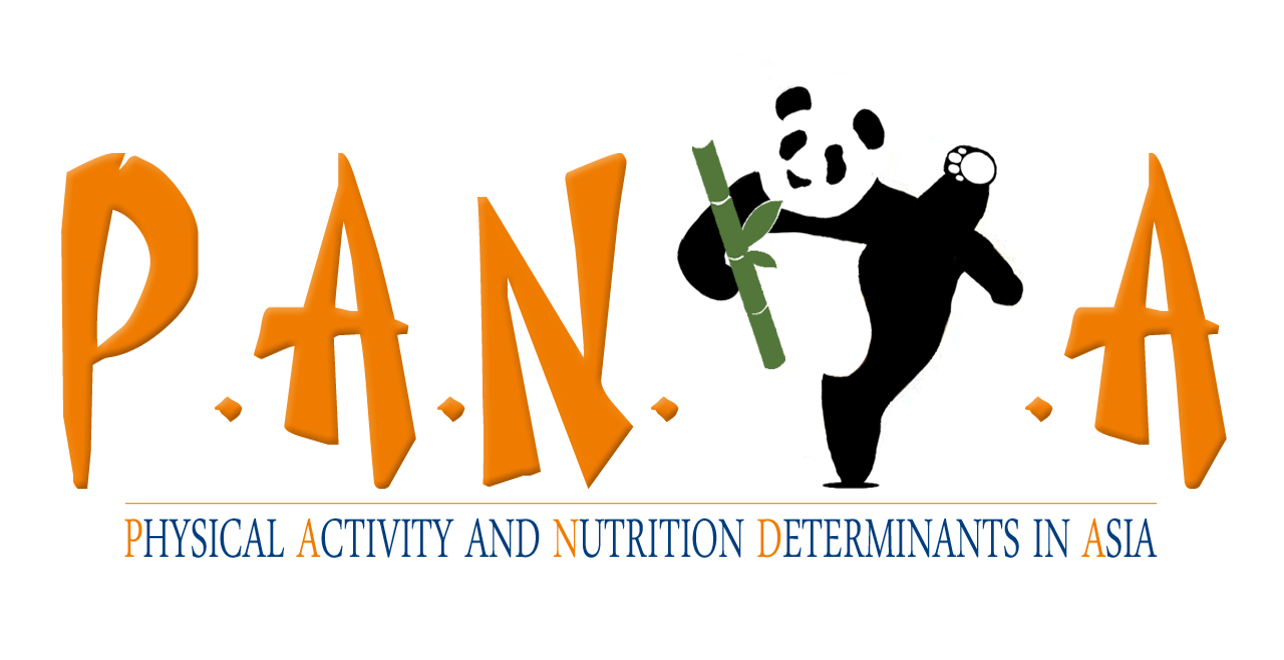Background
Currently, people with the poorest health who stand to gain the most from public health research and digital health programmes are the least likely to use them. A collaboration between PANDA and Future Health Technologies at Singapore-ETH Centre, this project aims to address inequity in public health research and impact. Our goal is to better understand demands, preferences and factors influencing participation in digital health interventions. Our findings will inform the design and implementation of digital health programmes that are more effective in supporting healthy lifestyle change for all, leading to greater health and well-being benefits for individuals and society.
Method
Using the person-centred ‘Public & Patient Involvement Hawker’ method, lay facilitators will approach patrons at hawker centres throughout Singapore to initiate conversations on the research topic. This approach will allow us to open dialogue and elicit opinions on digital health programmes from people who may not normally participate in health research.
In addition, a survey will be conducted among the general public to gather insights on engagement with digital health programmes. Specifically, an embedded ‘Discrete Choice Experiment’ will be used to elicit preferences for and relative importance of specific programme attributes. The survey will also investigate knowledge and attitudes towards diseases and risk factors, as well as health status and behaviours, and use of digital health programmes.
Outcomes
Findings from the project have been presented at the International Society for Behavioural Nutrition and Physical Activity conference that took place 13-17th June 2023 in Upsala, Sweden (see below).
Last updated 21 Dec 2023
